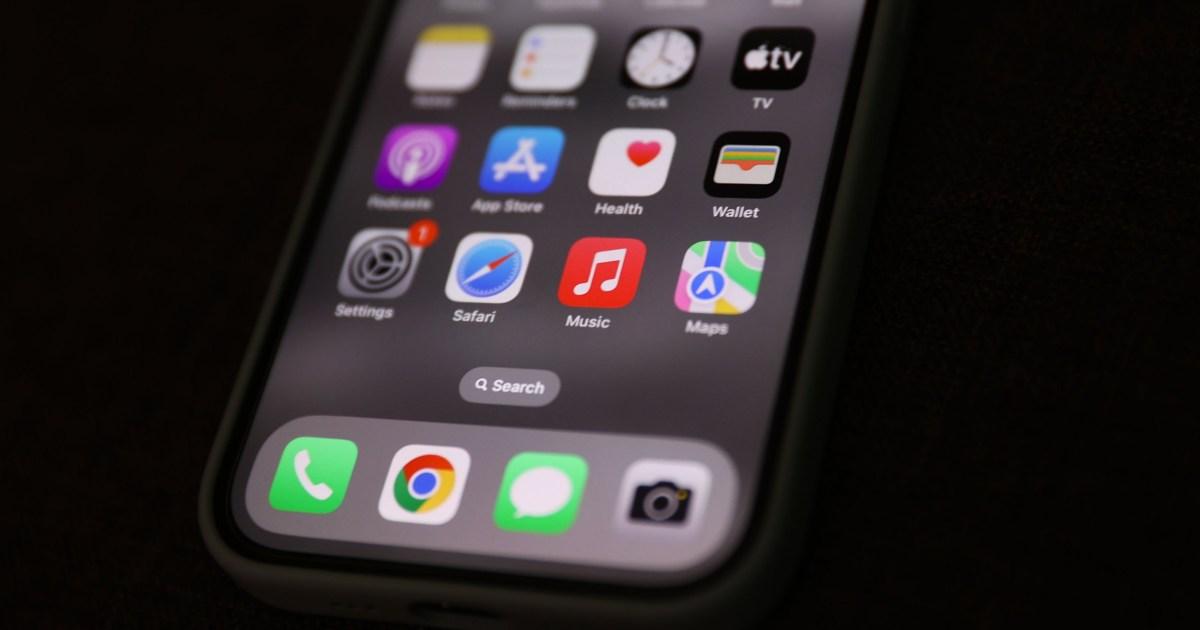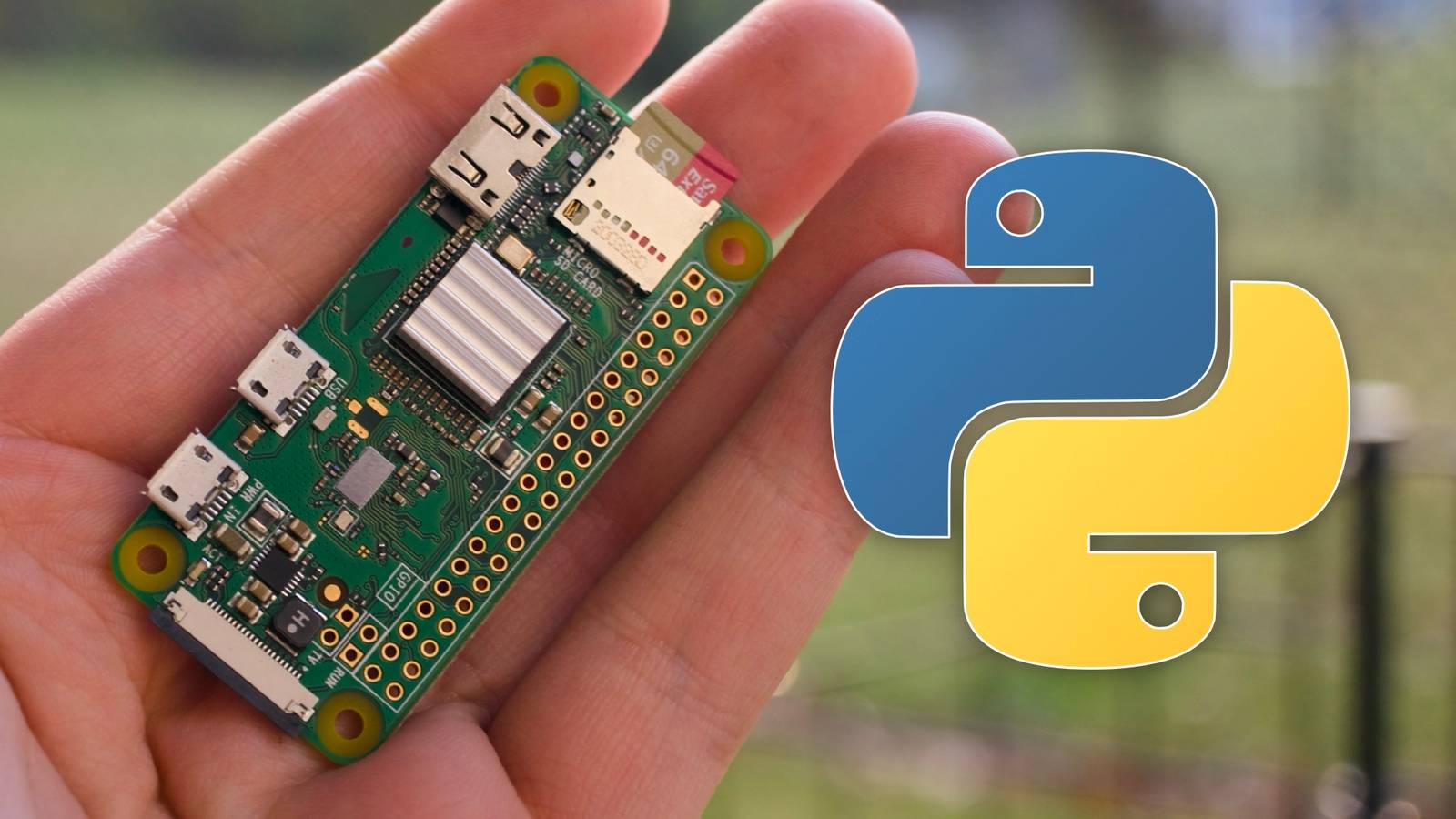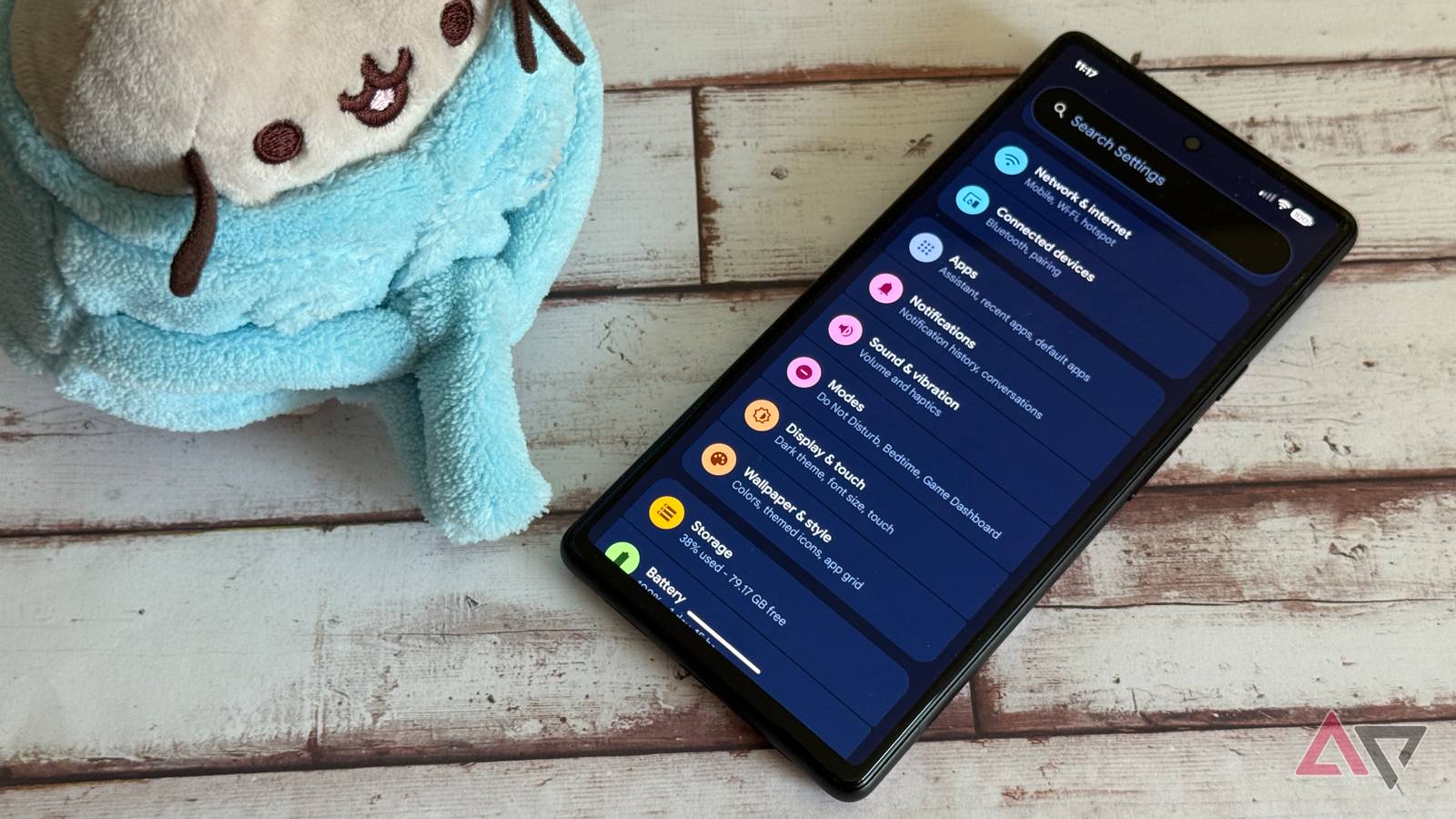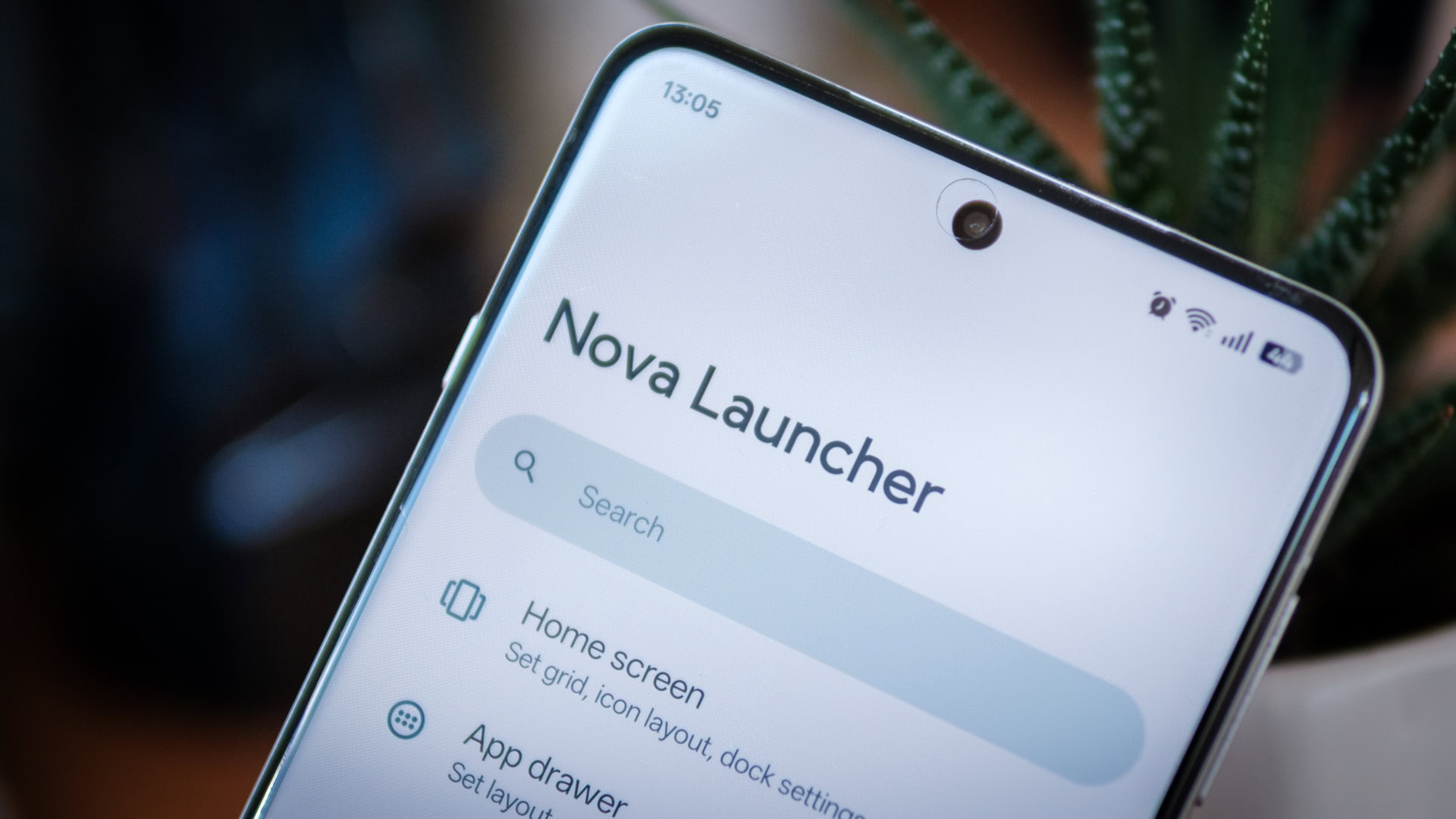People have been warned that a ‘ghost hacker’ is targeting Apple, Android and Windows devices.
Fraudsters have a new trick up their sleeve: pretending to be your bank or even a government official to trick you into downloading questionable apps.
In what intelligence officials say is a “fast-growing” scam, these cell phone apps and computer software allow hackers to hack into your finances.
One victim lost $20,000, or around £16,400.
The financial scam almost always unfolds in the same way, according to the FBI.
The victim will first receive a call, text, email, or pop-up on their computer from a “tech support impostor” asking them to call a number to “get help.”
“Scammers pose as bank representatives to convince victims that hackers have infiltrated their financial account,” the FBI says.
“Victims are urged to move their money quickly to protect their assets. In reality, there was never a hacker and the money transferred is now completely controlled by the scammer.
The scammer on the other end of the line will usually tell you that your bank accounts have been “hacked” (without irony).
These fake representatives will hardly give you time to think as they trick you into downloading malicious applications that allow them to remotely access your computer.
“The scammer claims to run an antivirus scan on the victim’s computer and falsely claims that the victim’s computer has been hacked or is at risk of being hacked,” the FBI says.
“Next, the scammer asks the victim to open their financial accounts to determine if there have been any unauthorized debits – a tactic that allows the scammer to determine which financial account is most lucrative to target.
“The scammer informs the victim that they will receive a call from that financial institution’s fraud department with further instructions.”
The second stage of the trick involves a scammer again posing as a bank or broker representative, tricking you into transferring your money to a “safe” third-party account.
As the office puts it: “The victim is asked to transfer money via bank transfer, cash, or electronic conversion to cryptocurrency, often directly to overseas recipients.
“The victim is also asked not to inform anyone of the real reason why they are moving their money. The scammer may ask the victim to send multiple transactions over a period of days or months.
Finally, the victim will be contacted a third time by a trickster posing as a government employee, such as that of the Federal Reserve. They ask you – once again – to send even more money to a “safe” account.
“Victims often suffer the loss of their entire bank, savings, retirement and investment accounts under the guise of ‘protecting’ their assets,” the FBI adds.
Tips for Staying Safe and What to Do If You’re Scammed
- Do not click on unsolicited pop-ups, links sent via text messages, email links, or attachments.
- Do not contact the phone number provided in a pop-up, text message, or email.
- Do not download software at the request of a stranger who contacted you. • Do not let an unknown person who contacted you take control of your computer.
- The US government will never ask you to send them money via wire transfer, cryptocurrency, or gift/prepaid card. Reporting Suspected Fraud The FBI asks victims to report such fraudulent or suspicious activity to the FBI’s Internet Crime Complaint Center (IC3) at http://www.ic3.gov. Be sure to include as much information as possible, such as:
- The name of the person or company who contacted you.
- Communication methods used include websites, emails and telephone numbers.
- The bank account number to which the funds were transferred and the name(s) of the recipient(s).
Bureau officials emphasize that legitimate banks never ask you to move your money elsewhere.
Milan Jackson, a Chicago hairstylist, sent tens of thousands of dollars to the scammers, she said. ABC7.
One of the fraudsters called him pretending to be Bank of America and, after some gentle talking, asked him to wire them $20,000.
Milan said: “My anxiety is increasing and he’s like, ‘Okay, we only have this amount of time.’ I want to make sure we block this and prevent this from happening to you.
But after calling her bank, Milan realized that she had just been deceived. “I’m crying hysterically,” she said.
Milan hoped to use the money to open his own salon.
“I can’t believe this is my life,” she said. “How did this happen and how will I get this money back?”
Some tech giants have rolled out new security features for users in light of this “ghost hacker” on the prowl.
The latest update to Google’s Android operating system now allows users to use an AI bot to listen to calls and report when it suspects they are scams. Android Authority reported.
Get in touch with our news team by emailing us at [email protected].
For more stories like this, check out our news page.
MORE: Garbage truck crashes into Target store, injures six
MORE: Bus passes guardrail and remains suspended above raised roadway
MORE: When will Donald Trump’s presidential inauguration take place? Everything we know










